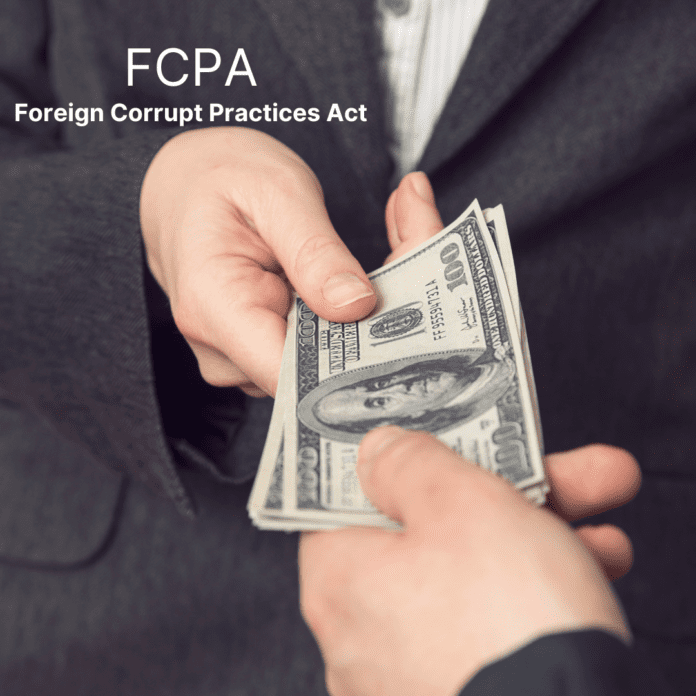In an effort to combat international bribery and corruption, President Joe Biden signed the Foreign Extortion Prevention Act (FEPA) into law in December 2023. This statute is an important accomplishment, especially when combined with the long-standing Foreign Corrupt Practices Act (FCPA). The Foreign Corrupt Practices Act (FEPA) penalizes foreign officials who solicit or accept bribes from American businesses and people. The FCPA, on the other hand, used to target anyone who solicited or paid bribes. Together, these regulations serve to deter unethical behaviour and advance fair competition in global trade.
In the lack of evidence of additional crimes, such as money laundering, the Department of Justice (DOJ) found it challenging to prosecute foreign officials who were known to have taken or requested bribes prior to the passage of the FEPA. FEPA, however, grants the DOJ the power to prosecute these individuals directly with a felony without first establishing other elements of the offence. In addition, the maximum sentence allowed by the FEPA is three times more than that allowed by the FCPA, indicating that the former has harsher consequences.
The creation of FEPA addresses the FCPA‘s past focus on prosecuting bribe payers rather than benefactors. The discrepancy was caused by American decision-makers concerns about potential diplomatic repercussions from the prosecution of foreign leaders. By concentrating on demand-side bribery, FEPA now bridges this gap and strengthens the legal arsenal against international corruption.
Corruptly requesting, acquiring, receiving, or stealing anything of value from citizens, companies, issuers, or other persons in the United States is prohibited by FEPA. It’s possible that foreign officials or those recognized as such won’t. Such actions must be carried out in exchange for unethical benefits related to obtaining or preserving corporate interests, control over official actions, or encouragement to disobey official obligations.
One notable example of how FEPA might be applied is the case of Francisco Roberto Cosenza Centeno, a former executive of a government agency in Honduras who is allegedly guilty of bribery. Despite being a foreign official, Cosenza was accused in the US of money laundering related to bribes paid in exchange for contract awards. If FEPA had been in effect at the time, the DOJ could have prosecuted Cosenza directly for violating it, regardless of the jurisdiction of the bribery scheme.
FEPA shields American companies operating abroad from corruption and foreign bribery. The law forbids foreign officials from giving or accepting bribes by holding those engaged in bribery schemes accountable on a criminal level. The absence of anti-bribery laws or their lax application in other nations may have in the past encouraged officials to engage in corrupt practices. However, with the implementation of FEPA, foreign officials who solicit or accept bribes from American corporations face the grave possibility of harsh penalties, which may include a maximum sentence of 15 years in jail.
In conclusion, FEPA is a crucial tool in the fight against global corruption since it provides law enforcement with more ability to prosecute foreign nationals involved in bribery schemes. This article encapsulates the US commitment to promoting honesty and accountability in international business activities.


